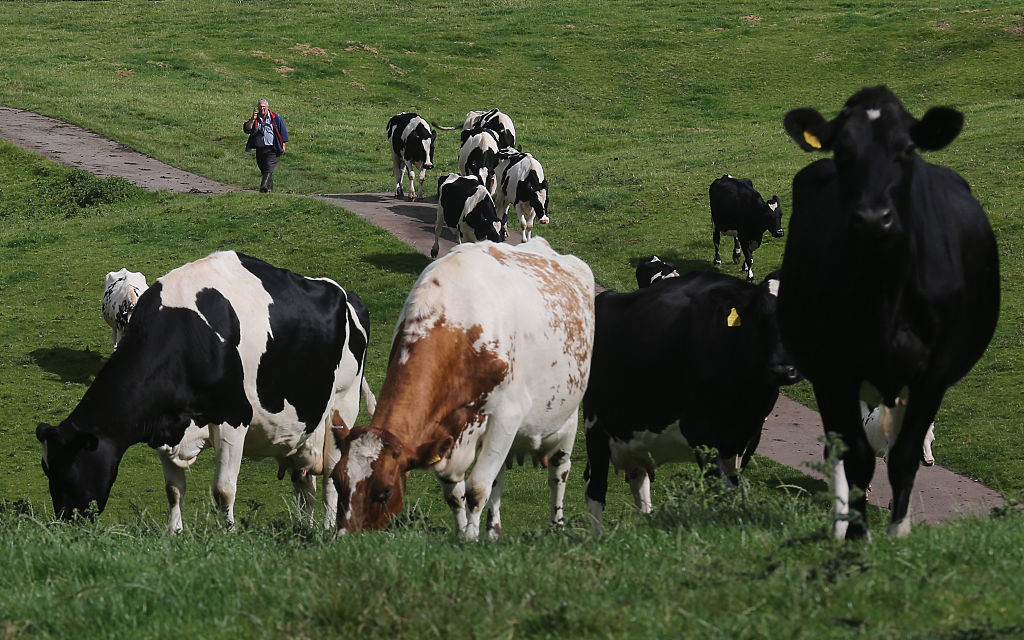University of Illinois Urbana-Champaign scientists have successfully developed a breed of cows that can produce significantly more milk than conventional cows. These genetically engineered cows also exhibit higher disease and pest resistance. The next phase of the project involves introducing these engineered embryos into native cattle populations in Tanzania.
Cattle farming has long been a concern for its environmental impact and contribution to climate change. The researchers anticipate that these genetically engineered cows, once implemented, will showcase all the desired characteristics they were designed for.
Led by Professor Matt Wheeler, the research team aims to keep disease resistance and milk production linked in these engineered cows. However, there is a challenge when it comes to developing countries, as there is a temptation to use local bulls for breeding, potentially separating the desired traits. The researchers aim to overcome this challenge and create a fully synthetic generation of cows with these combined traits, which is crucial for sustainable development in agricultural communities in developing nations.
While still in the early stages, this project represents a significant step towards bolstering the resilience of animal agriculture in the face of climate change. The genetic engineering technology used has the potential for global applications, allowing cattle to thrive in diverse and changing climates.
Introducing tropical traits into the genetic makeup of high-yielding American cattle can enhance their resilience to diseases, extreme heat, and drought conditions. This research extends beyond immediate implementation and emphasizes the need to consider genetics and breeding practices in addressing the evolving demands of agriculture and food security.
Regions such as Mexico, Texas, New Mexico, and California, known for challenging climates, could benefit from these climate-resilient cattle. By integrating tropical genetics into livestock, future agricultural sustainability and adaptability can be ensured.
As the world faces the challenges of climate change, innovations in animal genetics play a crucial role in ensuring food security and livestock health.
© 2023 TECHTIMES.com All rights reserved. Do not reproduce without permission.




